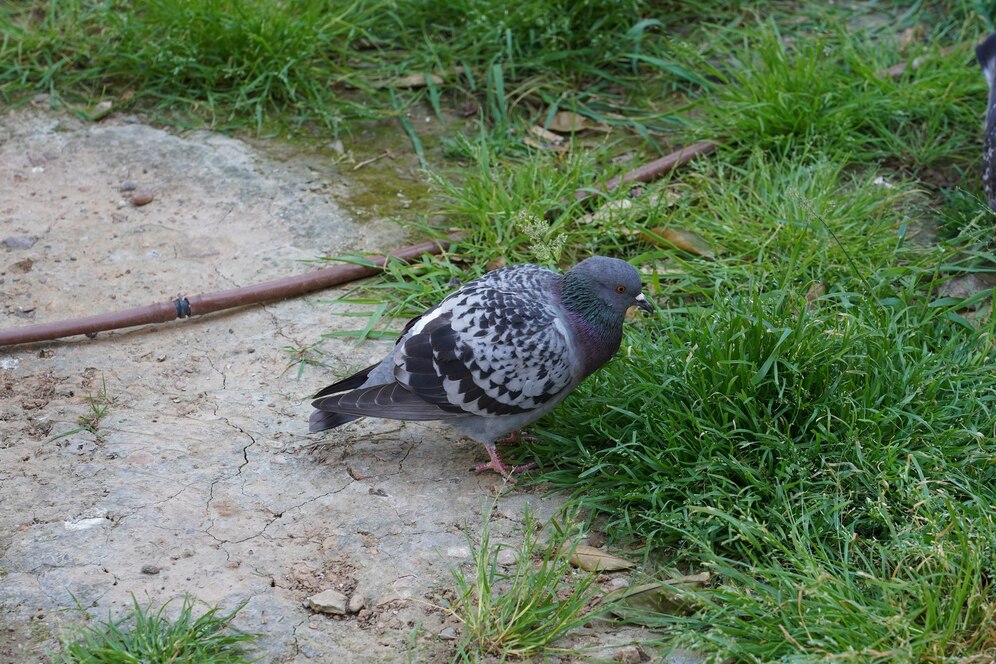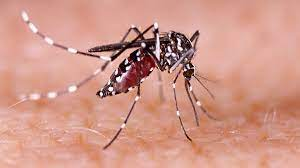City dwellers often feel happy to live with stray animals and birds and in this case, pigeons are considered our best friends. Feeding birds and animals is a common practice in Indian homes, which increases our contact with wild creatures. But it has another aspect too.

Recently a case study has highlighted the health hazards caused by exposure to pigeon droppings (feces) and feathers. The study states that pigeon droppings on the balcony or roof, which we consider harmless, can be allergens. This case study talks about an 11-year-old boy from East Delhi, who became a victim of a life-threatening allergy after constant exposure to pigeon feathers and droppings. This boy was treated at Sir Ganga Ram Hospital.
Hypersensitivity pneumonitis (HP)
The boy was brought to the hospital after complaining of a cough. However, the statement said his condition deteriorated as his respiratory function weakened. Dr Dhirendra Gupta, co-director of the Pediatric Intensive Care Unit (PICU), said tests revealed that the child had hypersensitivity pneumonitis (HP), which was caused by an allergy to pigeon protein. Due to this, he needed immediate treatment.
Dr Dhirendra said that medical tests revealed swelling and cloudiness in the boy's lungs, which are symptoms of HP. Cloudiness means areas appearing white in chest X-ray, whereas normally these areas should be dark. HP is a chronic interstitial lung disease, in which the lungs become scarred, making breathing difficult. The disease is more common in adults and less common in children. It affects 2-4 people in a lakh population every year.

High-flow oxygen therapy
The doctor said the boy in the case study was given steroids and given breathing assistance through high-flow oxygen therapy, which involves delivering gas into the body through a tube inserted into the nose. According to the doctor, this helped reduce inflammation in his lungs and restore breathing to almost normal levels.
Why is it so worrying?
HP is caused by inflammation that occurs as an immune response to repeated exposure to certain environmental substances, such as bird allergens, molds, and fungi. Indirect exposure to e-cigarettes can also cause inflammation, Dr Gupta told PTI.
(PC: Freepik)










